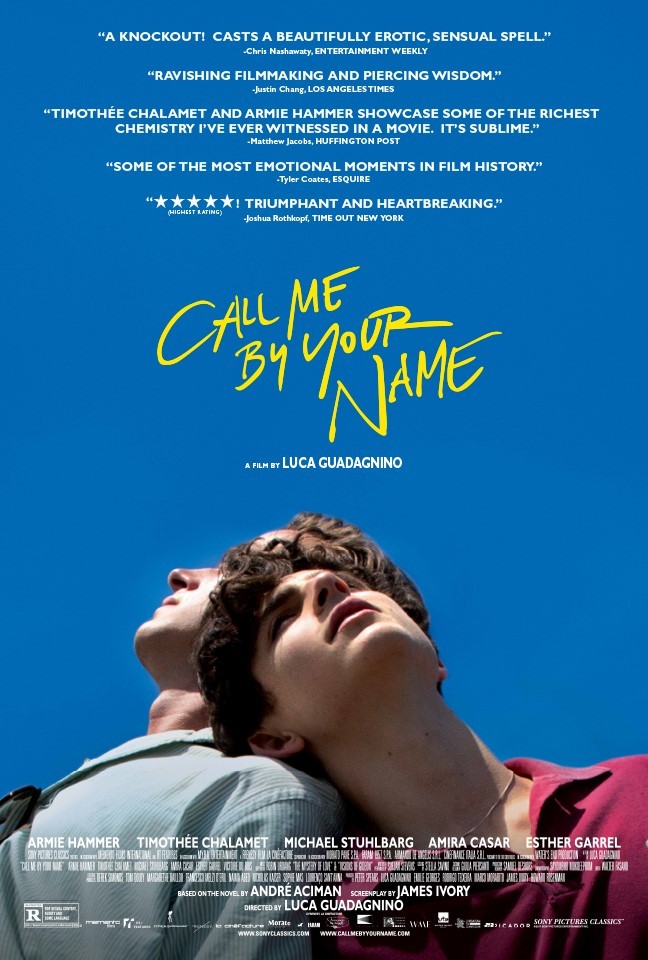Victoria & Abdul.
This is the story of the unlikely friendship between Queen Victoria (Judi Dench) and a young Indian clerk Abdul Karim (Ali Fazal).
It has fun with the extravagant royal treatment of the reigning 1800s English monarch. It’s light, bright, breezy, and you could find some amusing bits if you just flipped it on.
But the movie as a whole rings false to me. It feels this particular history lesson has gone through Hollywoodification.
The fun here is watching the Queen do things, like learn the Hindu language and demand a mango from across the globe. Dench is great, but we’re getting lulled into expecting these performances, so I can’t comment where this one stands.
Abdul is written too one-dimensional, and even though it follows his journey from India to England, it still feels too much like surface material.
Stephen Frears has directed excellent movies, so it’s curious why this one’s shallow. Why not dive a little deeper into what the Queen saw in him, and what the rest of the royal household saw that made them so racially prejudice?
There’s a good story here. The Queen took to Abdul because he simply spoke to her as a friend, not as a proper, measured manservant.
I know as much because I read a great Vanity Fair article that’s more informative than this movie. But I don’t discourage you from seeing it.


